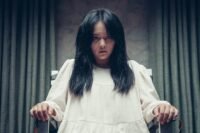A friend recently asked me if my father, a university professor, wanted me to excel academically. “No, actually,” I said. “He just wanted me to be pretty and to make his lunch.”
When I was 12 and got my period, I was furious. I didn’t want to be a woman. As far as I could tell, they were second-class citizens. Women did the housework and the cooking and got yelled at by their husbands. My Mom, on the other hand, was excited. She wanted to do spa nights with me in the bathroom, teaching me how to shave my armpits and pumice my feet. Both my
parents insisted I wear lipstick so I wouldn’t look “washed out.”
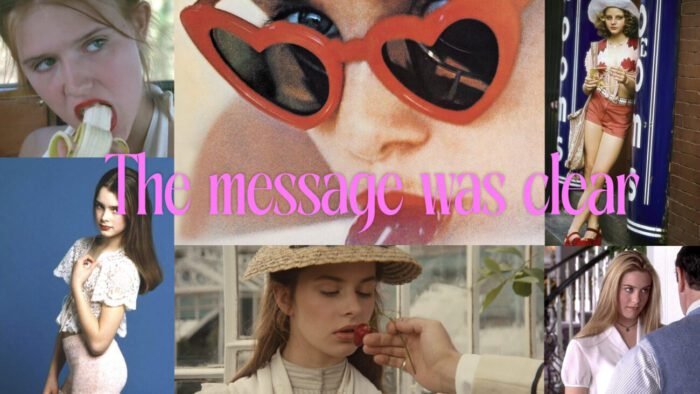
In BEAUTY NIGHT, 12-year-old Mia has recently gotten her period. After a spa night where Mia’s Mother shows her how to beautify herself into a woman, Mia is initiated into a terrifying new role in the family: she is going to become the wife of her father, while her Mother will become a kid again.
Like a lot of artsy weirdos, art saved my life. I lived through books, music, and movies, which helped me make sense of chaos and loneliness. But all the art I loved, the movies I watched, they were all made by men. When I saw films about young women who were supposed to be like me, I didn’t recognize anything from my experience.
What I saw were pubescent sex kittens. Female sexuality was a weapon of power and manipulation, wielded with gusto. These stories made me feel like there was something wrong with me: I was supposed to enjoy being an object of desire. But sexuality wasn’t empowering for me. It was pushed on me by others before I knew who I was or wanted to be.
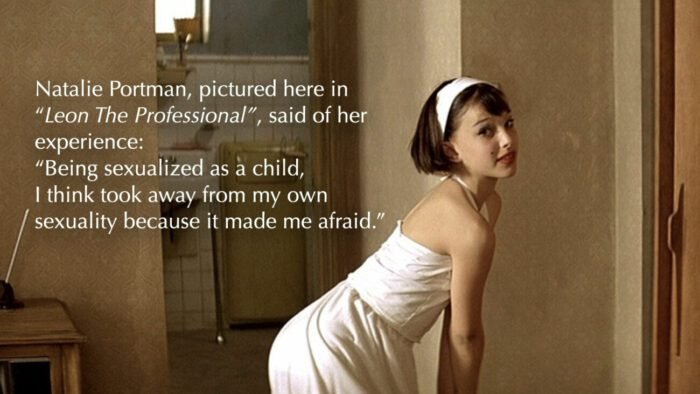
Sexualization of girls happens now even before puberty. Social media has added even more pressure to conform to physical expectations. This leads girls to self-objectify, seeing themselves from outside their own bodies, divorced from their own desires.
(source: https://www.apa.org/pi/women/programs/girls/report-summary.pdf)
Beauty Night is a horror film, which is the only way I know how to describe this experience. It is a particular kind of horror to tell someone they have all the power while rendering them powerless. In Beauty Night, a young woman’s coming of age isn’t a fairytale, and it isn’t Lolita with a lollipop. It’s a fight to claim an identity beyond “pretty”, separate from the desires and expectations of the people around you.
_____________________________________
Beauty Night is currently Fundraising on Kickstarter
_____________________________________
About the Guest Writer:
Dalila Droege is a director and writer who works in narrative fiction. A former classical pianist, her work utilizes the power of sound design to create immersive cinematic experiences. Her films exist between realism and the surreal, with stories focused on belonging, family relationships, and culture clashes.
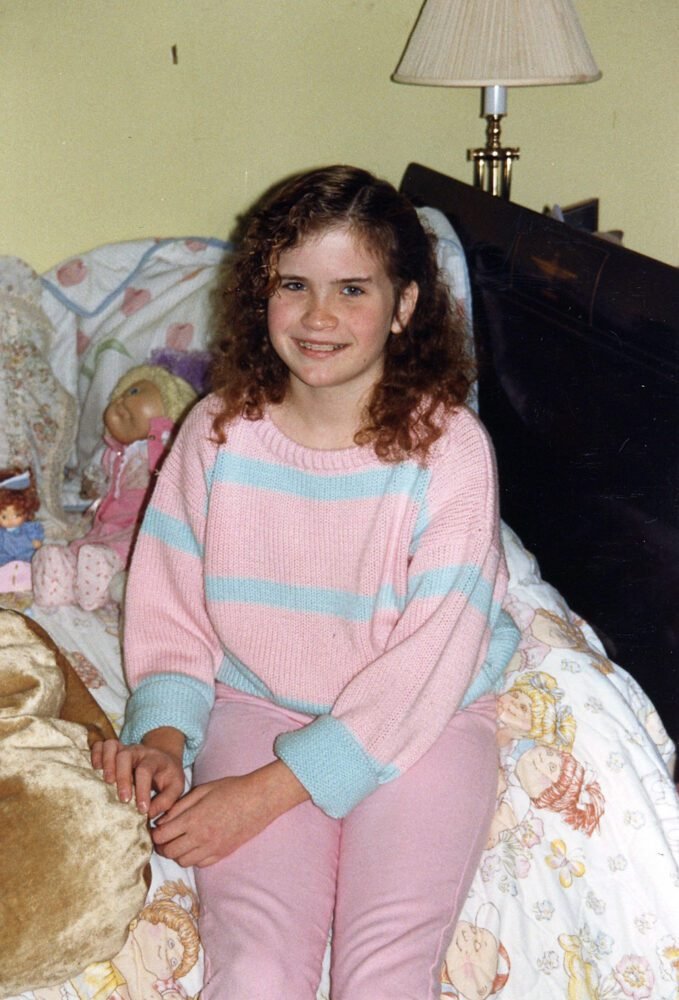
Dalila recently completed her feature film directing debut. No More Time is a fantasy thriller exploring our relationship to the planet and each other in the wake of the global events of 2020. She made the film while participating in the 2021 Women in Film Mentorship Program as a directing mentee. Recent festival screenings include the Crested Butte Film Festival, Salem Horror Fest, and Dundead in Scotland.
Dalila’s short films include Tehachapi, a story of an adult brother and sister reconciling after their father’s death, starring Amy Seimetz, AJ Bowen, and Matt Peters. In 2011, Dalila was a directing fellow at Film Independent’s Project: Involve. She wrote and directed one of 7 short films chosen to be produced and screened at the Los Angeles Film Festival.
Dalila received an MFA in Writing and Directing at Columbia College Chicago. In addition to directing, Dalila has supported other female filmmakers on set. She co-produced Amy Seimetz’s award-winning feature Sun Don’t Shine, and produced the short film Dogwalker, which premiered at Sundance 2016. She also assisted her mentor, Nicole Holofcener, on the features Enough Said and The Land of Steady Habits.
–From IMDB
_____________________________________
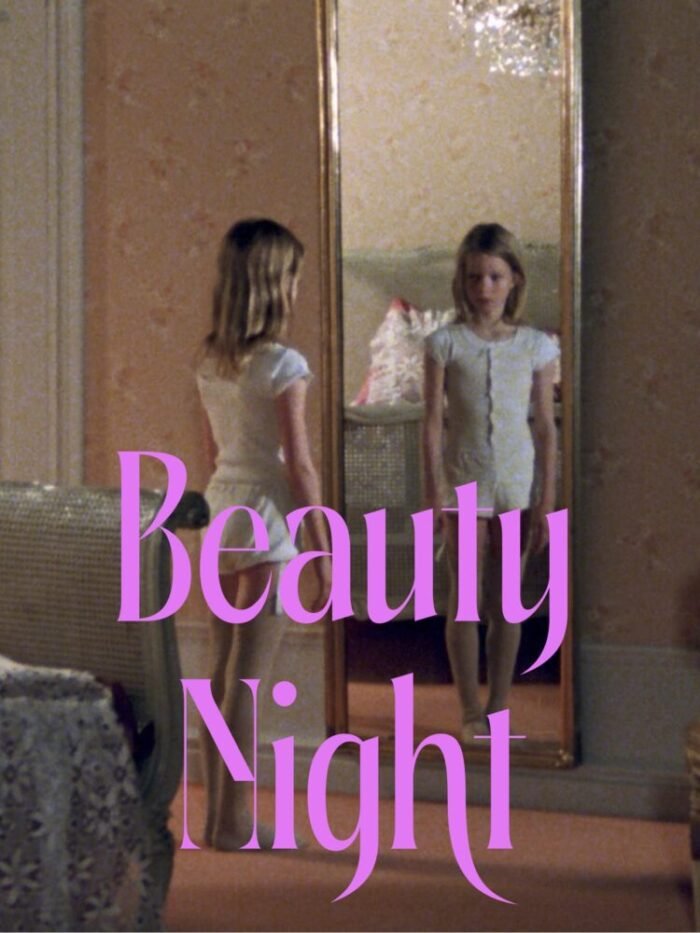
You also might enjoy:
Amongst the Wolves’ Gritty Take Boasts Great Performances But Feels Familiar


